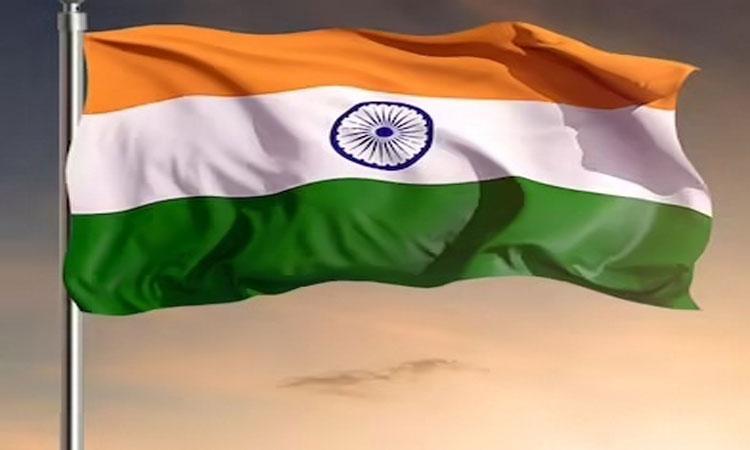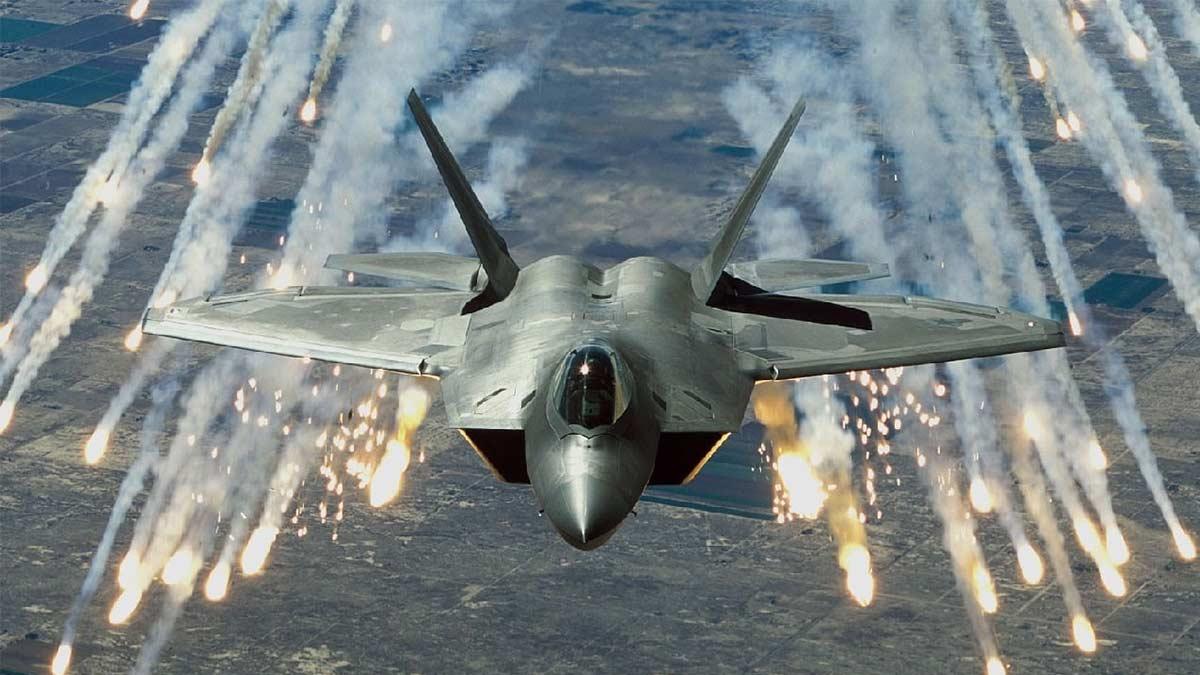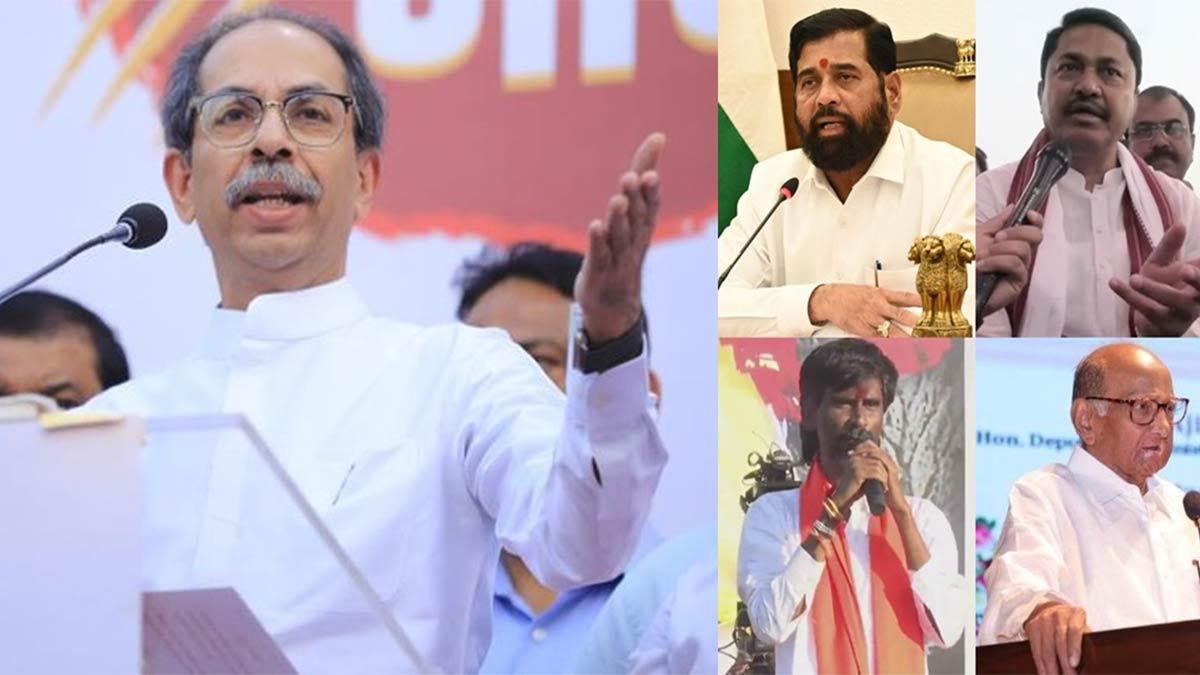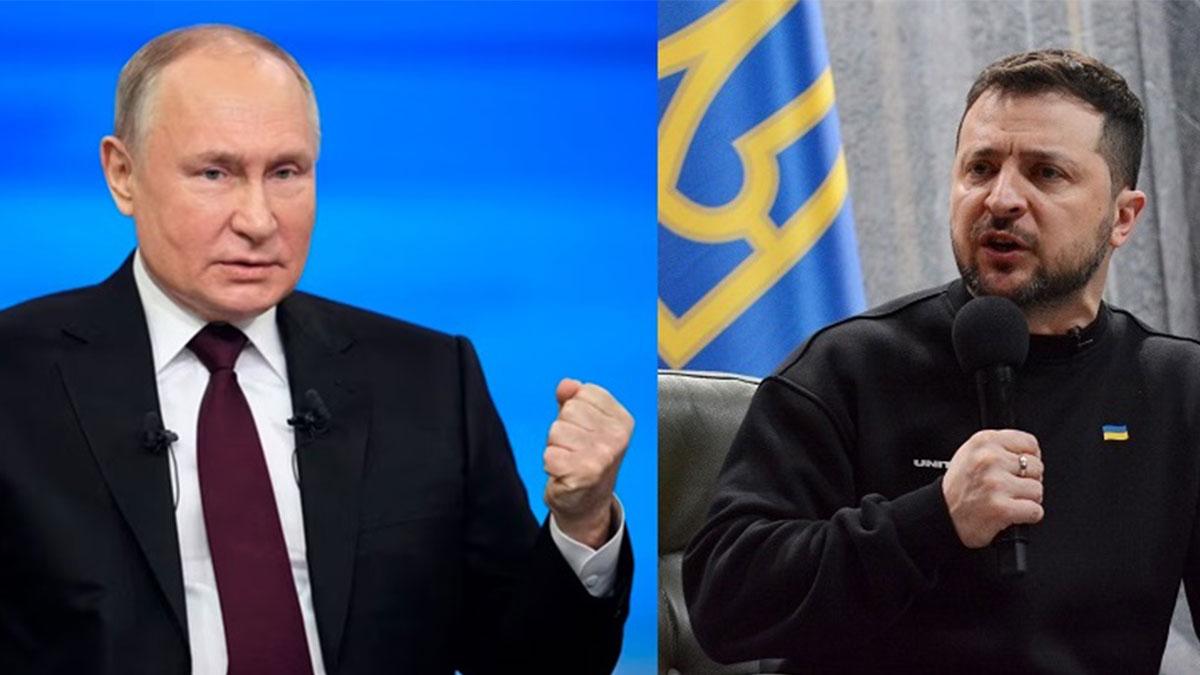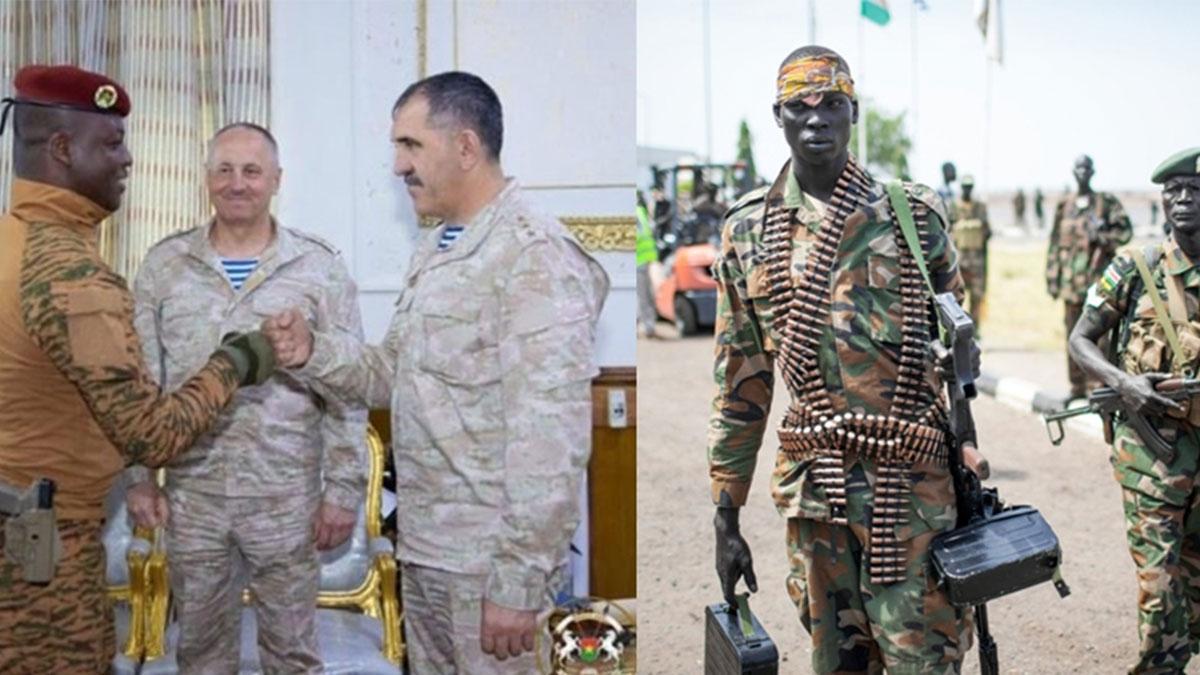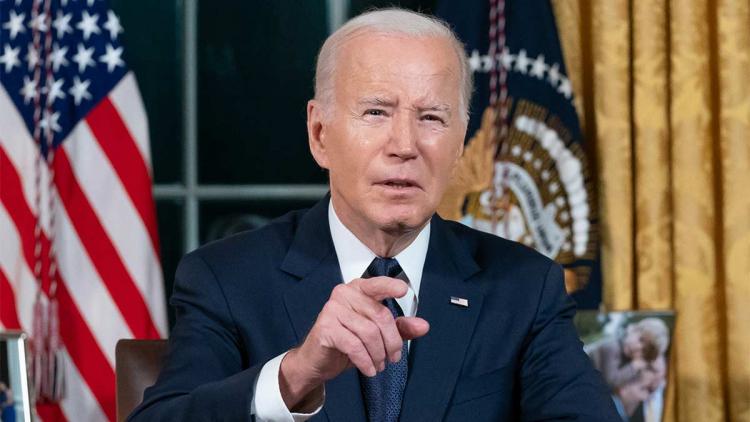India's national security has been weakened because an ill-conceived narrative has been built by elements in the political opposition, that the country was ruled by a 'Hindu' government, not a BJP government - denying the fact of the BJP has come to power through an established electoral process. Also, notwithstanding the principle of 'one man one vote', they projected a legitimate rule by the majority as a movement towards 'majoritarianism'.
Ignoring the constitutional test that all citizens continued to have the same opportunities and protection of the law, the narrative further alleged that the minorities in the country - principally the largest one of Muslims - had been put in jeopardy by the present regime.
The concept that India represents 'unity in diversity' is being misinterpreted to claim that beyond 'freedom of worship' there was also freedom for 'communities' and 'regions' not to consider themselves as a part of the common nationhood denoted by democratic India.
In some or the other form, the subversive idea that India was a land of multiple 'sub-nationalities' is being still propagated.
Ranging from a deliberate dilution of the declaration by our Constitution that India was a Union of states and disregard of the express mention of the word 'Nation' in the Preamble, to the political stand of sections of the Opposition that in vital matters like saluting the national flag or standing up during the singing of the national anthem, minorities should be allowed an option, there is a constant denial of national unity of India.
Diversity of customs, social practices and festivities is being presented as proof that India could never have a shared culture of national pride, common recognition of India's friends and adversaries and a feeling of joint participation in the national effort for economic advancement and defence consolidation.
The anti-India narrative is backed by a set of historians who marshalled 'evidence' to emphasise that India was never a nation in the past - forgetting that what is important is to build India of the present, into a strong nation for the benefit of all its citizens.
The internal security and stability of India are clearly threatened by external forces operating in collusion with elements inside, to whip up the issue of ill-treatment of the Muslim minority in India under the present regime and thus create a situation where communal militancy could be exploited for fomenting faith-based terrorism. They are doing this even though the average Muslim knew that schemes for the poor would benefit the community as well and realised that any case of public violence by extremist elements had to be blamed on the law & order failure of the concerned state administration - not on the Modi government at the Centre.
The majority-minority divide is being escalated out of political motives with the opposition making the calculation that since Hindus were in any case splintered because of caste, region and ideology, the consolidation of Muslim votes behind it would be electorally rewarding.
Those indulging in 'Minority politics' carry distorted notions of what would 'please' the Muslim minority - like questioning the authenticity of the 'surgical strike' against Pakistan, alleging that the Modi government was pushing India towards becoming a 'Hindu Rashtra' even though they knew that the Constitution did not permit any denominational stamp being carried by the elected political executive and projecting CAA as a move against Indian Muslims whereas it was specifically meant only to accommodate non-Muslim subjects of 'Islamic' states around India facing violent suppression there.
Also Read | FM did well to steer clear of poll-bound populism
All this propaganda could encourage Indian Muslims to identify themselves with Islamic regimes elsewhere and subscribe to the idea of Ummah - which is a notion being promoted once again by Pakistan in its National Security Policy. Pakistan has declared India as its principal adversary and reaffirmed Pakistan's right to 'protect' the interests of India's Muslim minority.
For reasons of electoral gains, political lobbies in India aided by anti-India forces outside are even questioning the security strategy of the Modi government of having no talks with Pakistan until that country gave up the use of cross-border terrorism as an instrument of its state policy.
India has to handle the serious situation that was being created by those players in our domestic politics who would not place national security above politics.
As India proceeds with comprehensive measures during its chairmanship of G20, to establish its place as a world power and put it in the lead of the Global South in general and South Asia in particular, certain international lobbies are also stepping up their campaign to show that India was a highly divided nation lacking in internal cohesion. They are even deprecating the democratic content of the Indian state. This has to be effectively countered with the help of Think 20, Women 20 and Civil 20 and through further activation of diplomacy and outreach.
Pakistan, backed by China, is raking up the issue of Kashmir and repeating the call for resumption of talks between India and Pakistan- with Shehbaj Sharif, Pak Prime Minister pretending to project Pakistan as a neighbour that did not want another war with India, and desperately trying to earn some weightage with the US.
Unsurprisingly, Shehbaz Sharif kept silent on cross-border terrorism against India and advanced the familiar plea that Pakistan was itself a 'victim' of terror- possibly referring to the doings of TTP but clearly covering up for Pak ISI's known collusion with Taliban, Al Qaeda and ISIS.
The forums of G20 under India's Presidency should find a way of getting the participating countries to condemn 'extremism and radicalisation' and while highlighting the importance of inter-faith harmony, persuade global Islamic organisations and their Indian counterparts to clearly reiterate that there was no place for Jehad for solving any disputes in today's world.
The role of Think 20 and Civil 20 in particular is going to be extremely important in this- they must receive guidance from the NSCS functioning under the National Security Advisor.
India's economic advancement is as important as safeguarding our national security as part of the global security environment.
From the South Asian perspective, security issues are important not only for India but for the world at large. G20 must warn the democratic world against the continuing threat of faith-based terror fomented by Pakistan-India has been doing this at all international platforms so far. This will require a lot of analysis and preparatory work. It has to be remembered that India must be secure and economically strong for becoming a major world power.
It is important that India deftly handles the so-called Islamic world for countering the machinations of Pakistan against this country on the communal front. The Muslim Brotherhood had originated in Syria and Egypt as an Islamic movement against the 'nationalist' and pro-Soviet Arab leaders - Hafeez Assad and President Nasser - had revived its hold on Egypt in Mohammad Morsi's time and pushed the country towards Islamic extremism. It is relevant to note here that the founder of Jamaat-e-Islami on the Indian sub-continent before Independence, was also an admirer of the Brotherhood.
The Jamaat has been the principal instrument of building a fundamentalist regime in Pakistan. With the advent of the Presidentship of Abdul Fatteh Al Sisi, Egypt is back on the path of nationalism and moderate Islam that suits India.
In recent years countries like Qatar, Yemen, Turkey and Malaysia have emerged in parallel to Saudi Arabia - they have accommodated Islamic radicals hostile to the US-led West. Pakistan has found a way of cultivating these countries while retaining its old bonds with Saudi Arabia.
India has a close friendship with Saudi Arabia and UAE who are on the right side of the US politically and who have like Egypt under President Al Sisi, shown an accommodating stance towards Israel.
The move of India to invite the President of Egypt as the Chief Guest at the Republic Day Parade adds to the outreach of the Modi regime in the Muslim world and helps to counter Pakistan's mischief of playing the Muslim card against India.
Pakistan has set Indo-Pak relations in a Hindu-Muslim framework and deliberately tried to revive the environment of Partition- it is aware that as many Muslims lived in India as in Pakistan at present.
The secular Republic of India is a contrast to the Islamic state of Pakistan in terms of the total equality of rights including the right to worship conferred on all its citizens. There is no reason for Indian Muslims to look up to Pakistan for any 'political' support and this is the stand of many Islamic establishments here including Darul Uloom Deoband that rebuff the attempts of Pakistan to meddle in the affairs of Muslims of India.
Unfortunately, for their vested interest, many players in domestic politics join hands with the Ulema and communal elite guiding the Muslims, in playing minority politics and encouraging a separatist ethos in the community. This is a challenge on the internal security front that has to be met in multifarious ways.
Defining features of nationalism that embrace all the communities here have to be emphasised and their values instilled among all citizens while stringent action was taken against agents of the adversaries creating internal disruption here in one way or the other.
'Sabka Saath Sabka Vikas Sabka Vishwas' is a perfect call for the economic development of all regardless of community labels and is somewhere a counter to any propaganda that minorities did not have the same opportunities as others had.
Also Read | Union budget: Government aims to tax high premium policies
'One man one vote' establishes political equality while the right to worship demonstrated socio-cultural freedom. There is equality before the law guaranteed by the highest court of the land - any failure of law and order on the part of a state can be questioned legally and through the force of public opinion.
The politics of minority separatism weakens national security and the collective well-being of citizens. We have strong penal provisions against incitement to communal violence. The threat to internal security arises from open or covert attempts of the anti-India lobbies to mix religion with politics and claim a separate political identity for the largest minority.
People in high positions have been on record pressing for a 'share in political power at the Centre for Muslims' - how different this line is from what the pre-Partition Muslim League stood for, is difficult to understand. Why should Muslims be led only by Muslims politically and why should Muslims not be in leadership positions for the majority community on the basis of advocacy for the common nationhood of India?
The declarations of the Bali R20 meet regarding respect for and recognition of other faiths and rejection of extremism and radicalisation, should be utilised for highlighting the idea that India was politically one and that in the sphere of religion no 'supremacism' can be claimed by one faith.
Culture as a gift of religion must emphasise the common good for all as also the common benefit that a strong nation brought to all its citizens. India will be strong if all citizens uphold it as one nation - any propaganda to the contrary strikes national security at its roots and should be firmly put down.
(The writer is a former Director of the Intelligence Bureau. The views expressed are personal)

